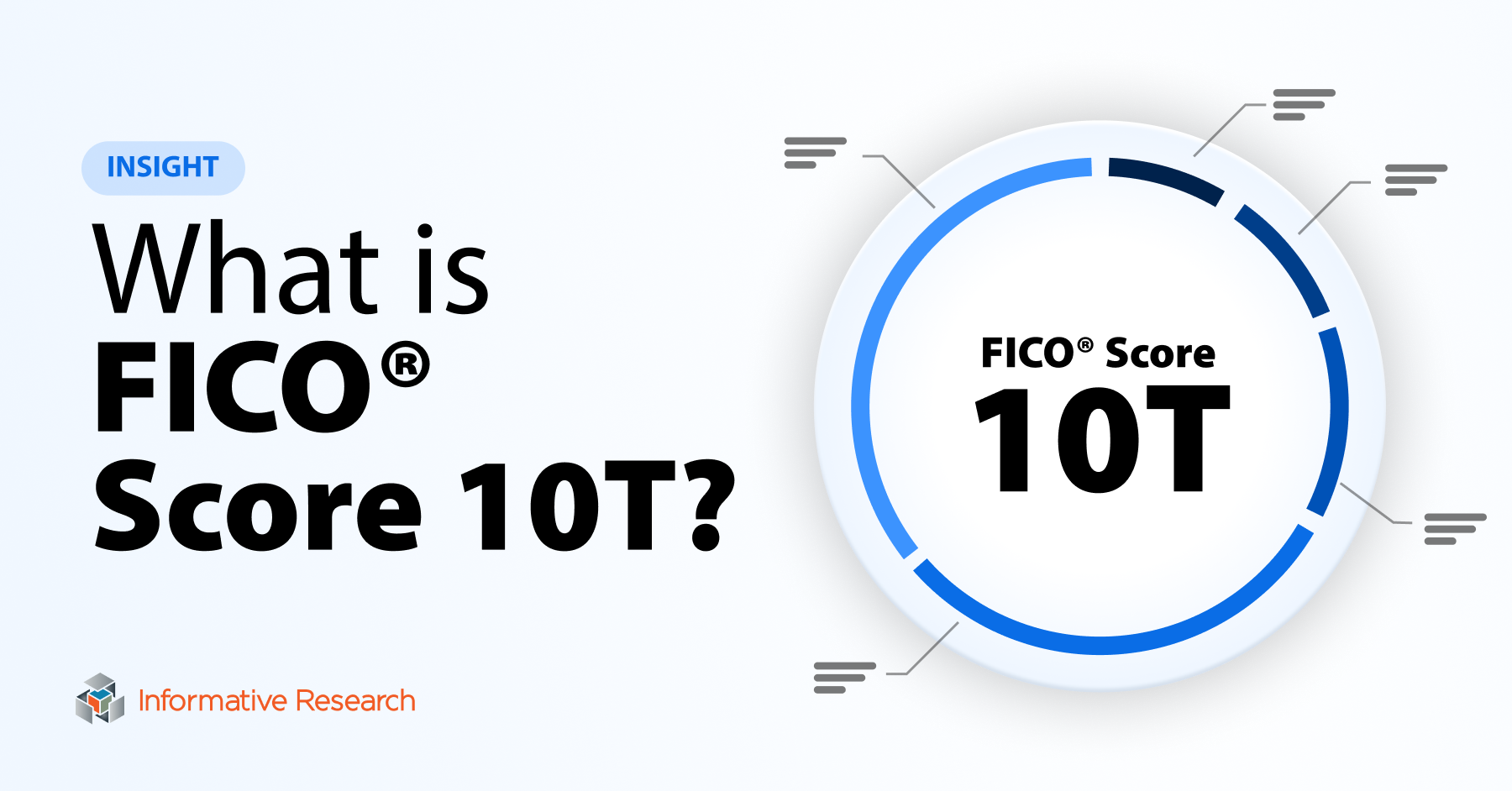Get Early-Stage VOIE Clarity Before You Spend Time (and Money) Chasing It
Mortgage teams don’t just need data. They need certainty early so they can route loans correctly, avoid unnecessary verification steps, and keep...
Find out more about rapid rescore and the rapid rescore services and process!
A Credit Rescore is a streamlined way to correct or remove inaccurate information in a borrower’s credit report, either from one or multiple bureaus.
Note: If the ECOA code is “T” for Terminated that means the Bureaus will not update any account information through the Credit Rescore process. These tradelines can only be deleted.
All rapid rescore fees are per person/per bureau/per tradeline
Standard is 3-5 business days after you submit a request, while rush is just 1 business day.
Equifax and Experian offer rush processing. Additional fees may apply. TransUnion does not offer rush processing for rapid rescore orders.
To avoid delays, ask your borrower to contact the affected creditors and have their account notated with “authorizing the release or sharing of all account information to Experian, Equifax, and TransUnion.”
The following names can be used when a consumer is placing authorization:
This is recommended for all requests as a precaution. If the bureau calls the creditor without authorization, the request may be placed into “investigations” and it could take up to 30 days for the request to be completed.
Dispute comments can be removed by submitting:
The borrower should also contact the creditors to make sure that the disputes are removed from their system and that they do not get re-reported. Please be sure to pull or refresh to a new file as soon as possible when you receive the completion notice. Creditors can and will re-report dispute verbiage at any times.
The Bureaus will accept documentation that includes all the below criteria:
The bureaus update the account one of two ways: 1) they terminate, which means that the account remains on file, no new reports, the balance is zeroed out, and the status is updated to “T” or 2) they delete the account from the user’s credit file.
To terminate, the letter will need to state that the consumer’s name has been removed as a user AND the account has been updated to terminated.
To delete, the letter will need to state that the consumer’s name has been removed as an authorized user AND the account has been removed/deleted from the borrower’s credit profile.
*Transunion does not require documentation to remove authorized user accounts. They will remove without having a document and do not need phone verify.
Remove incorrectly reported late payments with a letter from the creditor. The letter must:
If you need to add late payments, the bureaus will need a document that meets the criteria above and includes the specific late(s) that must be added to the tradeline.
American Express no longer reports actual credit card numbers and instead report an Account ID number to the bureaus. The bureaus will only accept the following documents:
The Bureaus will not accept credit card statements from First National Bank of Omaha as the credit card number on the statement will not match to the account number being reported
First National Bank of Omaha (FNB Omaha) no longer reports actual credit card numbers, but rather a scrambled account number.
The Bureaus will verify thru ATM if a complete credit card number is given.
The criteria is stricter for Credit One than most accounts. Credit One does not release ANY account information over the phone to third parties. The bureaus will only accept documentation that includes:
The criteria is stricter for Apple Card than most accounts. Apple Card does not release ANY account information over the phone to third parties. The bureaus will only accept documentation that includes:
Please note, the statements provided by Apple Card do not include the account numbers. The consumer must contact Apple to get the appropriate document.
If the credit bureau is unable to verify/obtain information with a creditor, the request may be placed into what the bureaus refer to as “Investigation.”
The bureaus will send an electronic request for validation of the information to the creditor, who then has up to 30 days to respond. Normally, the creditor will respond in 4-10 days. Informative Research can track this and follow up with the bureaus on an investigation every 3 to 4 days and send status updates to you, upon request.
Please note, when and investigation is initiated with Equifax, they will place a dispute and add dispute verbiage to the tradeline until they receive a response from the creditor.
*Bureau policies may change with or without notice
For help, reach out via email at creditrescore@informativeresearch.com or call at (888) 819-0007.
The right partner makes all the difference. With IR, you gain smarter credit and verification solutions, a team that has your back, and a strategy that grows with you.
/Blogs/2026%20Blogs/02-26-TWN%20Indicator/IR_Blog--Income-Qualify-and-The-Work-Number-Report.png)
Mortgage teams don’t just need data. They need certainty early so they can route loans correctly, avoid unnecessary verification steps, and keep...
/Blogs/2026%20Blogs/01-FHFA-Vantange-FICO/IR_Blog-Credit-Score-Modernization%20(2).png)
As the mortgage industry navigates FHFA’s credit score modernization initiative, lenders are facing new questions around model choice, implementation...

As the mortgage industry navigates FHFA’s credit score modernization initiative, lenders are facing new questions around model choice, implementation...
.jpg)